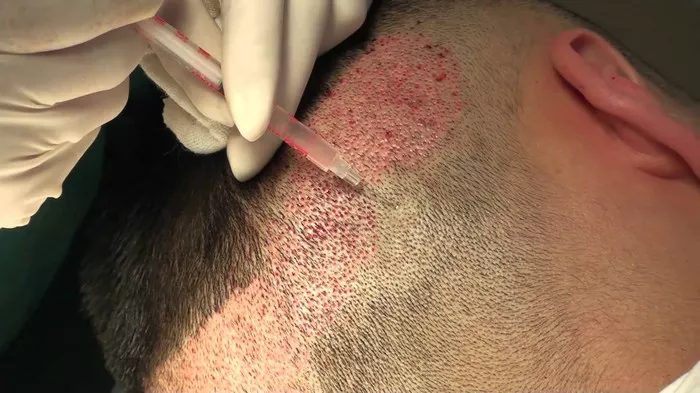Hair transplant surgery has become a popular and effective solution for those dealing with hair loss. While the surgical procedure itself plays a significant role in restoring hair, post-transplant care, including medication, is crucial for a successful outcome. In this comprehensive guide, we will delve into the question: How long should one take medication after a hair transplant? We’ll explore the different types of medications, their purposes, and provide insights into the ideal duration of their usage.
1. Medications Used After Hair Transplant
After undergoing a hair transplant, patients are typically prescribed several medications to aid the recovery process. These medications can be broadly categorized into the following:
a. Antibiotics
Antibiotics are prescribed to prevent infection at the surgical site. The post-transplant period is crucial, as the scalp is vulnerable to infection. Typically, you will need to take antibiotics for around 5 to 7 days post-surgery.
b. Painkillers
Pain and discomfort are common after a hair transplant. Painkillers are often prescribed to manage post-operative pain. These are usually required for the first few days and can be reduced as the pain subsides.
c. Steroids
Steroids are used to reduce swelling, inflammation, and itching at the transplant site. They are typically prescribed for a few days after the procedure.
d. Hair Growth Stimulants
To promote hair growth and maintain the transplanted follicles, doctors may prescribe hair growth stimulants. These may be recommended for several months or longer, depending on the individual case.
See Also: The Cost of a Woman’s Hair Transplant: A Quick Guide
2. The Immediate Post-Transplant Period (0-7 days)
During the immediate post-transplant period, patients should be diligent in following their medication regimen. Here’s a more detailed breakdown:
a. Antibiotics (Days 0-7)
Antibiotics are vital during the first week to prevent infections. Follow your doctor’s instructions on dosage and duration to the letter. Completing the course is crucial to reduce the risk of complications.
b. Painkillers (Days 0-3)
Painkillers are essential for the initial days when discomfort and mild pain are at their peak. Follow your prescription, but taper down usage as pain diminishes. Overusing painkillers can have adverse effects.
c. Steroids (Days 0-5)
Steroids help reduce swelling and inflammation. Their usage is essential during the early days when these issues are most prominent. Follow your doctor’s guidelines for the correct dosage and duration.
3. The Weeks Following the Transplant (7-14 days)
As you progress into the second week, your medication routine should undergo some changes:
a. Antibiotics (Days 8-14)
In most cases, antibiotics can be discontinued after the first week if there are no signs of infection. However, it’s crucial to consult your surgeon before making this decision.
b. Painkillers (Days 4-7)
By the end of the first week, you should begin to reduce your reliance on painkillers, only taking them when necessary.
c. Steroids (Days 6-14)
Steroids might be continued to manage any residual inflammation and itching. Your surgeon will guide you on when it’s safe to discontinue them.
4. The Extended Recovery Period (Beyond 14 days)
Beyond the two-week mark, you may still be on medication, particularly hair growth stimulants:
a. Hair Growth Stimulants
The use of hair growth stimulants is an ongoing process. Your doctor will typically recommend using these for several months, possibly even up to a year. These medications are vital for the growth of new hair and maintaining the transplanted follicles.
5. Individual Variations
It’s important to note that the duration of medication can vary from person to person. Factors like the type of hair transplant, individual healing rates, and the patient’s overall health can all influence the length of medication usage. Therefore, it’s crucial to have regular follow-up appointments with your surgeon, who can adjust your medication plan as needed.
6. Conclusion
In conclusion, the duration of medication after a hair transplant is essential for a successful recovery. Antibiotics, painkillers, steroids, and hair growth stimulants all play vital roles in this process. The timeline for each medication varies, with the immediate post-transplant period being the most intensive. Remember that strict adherence to your surgeon’s recommendations is crucial.


